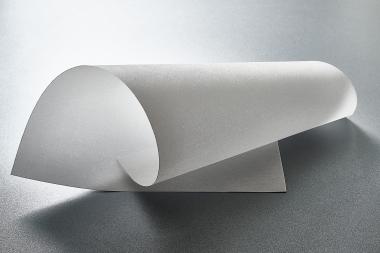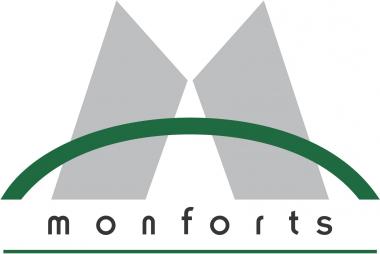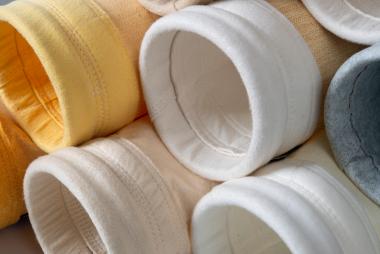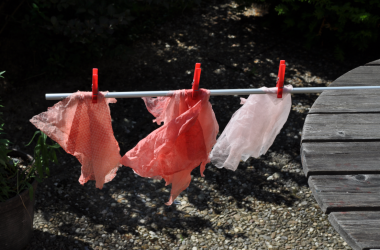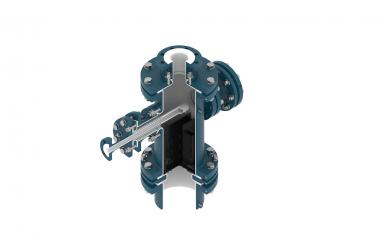Freudenberg: Fully synthetic wetlaid nonwovens for filtration
Freudenberg Performance Materials (Freudenberg) is unveiling a new 100 percent synthetic wetlaid nonwoven product line made in Germany. The new materials can be manufactured from various types of polymer-based fibers, including ultra-fine micro-fibers, and are designed for use in filtration applications as well as other industrial applications.
Customers in the filtration business can use Freudenberg’s new fully synthetic wetlaid nonwovens in both liquid and air filtration. Applications include reverse osmosis membrane support, support for nanofibers or PTFE membranes as well as oil filtration media. The new materials are suited to use in the building & construction industry or the composites industry.
For filtration applications, the new fully synthetic wetlaid nonwovens are marketed under the Filtura® brand.
Versatile and flexible manufacturing
Freudenberg’s fully synthetic wetlaid nonwovens can be made of polyester, polyolefin, polyamide and polyvinyl alcohol (PVA), using staple fibers of up to 12mm fiber length and microfibers as fine as 0.04dtex. In terms of weight, the product range spans weights of between 8g/m² and 250g/m². Freudenberg’s flexible wetlaid manufacturing line has the capability to combine various thermal and chemical bonding technologies. The materials have high precision in weight and thickness as well as a defined pore size and high porosity.
Wetlaid capabilities for various applications
In addition to its fully synthetic range, Freudenberg can also incorporate glass fibers, viscose and cellulose. General industry applications for Freudenberg wetlaid nonwovens are surfacing veils for glass-fiber reinforced plastics, compostable desiccant bags, battery separators, acoustics, heatshields, and apparel applications such as embroidery substrates.
Freudenberg Performance Materials Holding GmbH


